high school teachers
Written by Jose Wendell Capili  |
| Monday, 10 November 2008 01:07 |
|
To use marginality as a starting point rather than an ending point is also to cross beyond it towards other affirmations and negations. —Trinh T. Minh-Ha, in Cotton and Iron
AT the University of Santo Tomas high school, my teachers were very encouraging. Class advisers like Mrs. Leticia Pacheco, Mrs. Milagros Ocampo and Mrs. Zenaida Buquid-Manego pushed my classmates to make me class president or officer. Because class advisers were so influential, my classmates gave in. Class positions led to schoolwide positions. Eventually, I got exposed to different levels of power relations: teachers against students, students against administrators, students against other students. Luckily, my class advisers reminded me often to seek the middle ground. “You can be more effective by transforming the lives of others,” they always said. In high school, that meant covering up for my classmates’ misdemeanors. English, speech and literature teachers like Mrs. Lourdes Salcedo, Mrs. Teresa Taas, Mrs. Leilani Austria and Mrs. Norma Collantes insisted that I have writing skills. Every year, they urged me to take the annual editorial exams for The Aquinian, the high school paper. During those days, The Aquinian was an enclave for students belonging to the top sections. The paper’s alumni roster included Jollibee, Greenwich and Red Ribbon top official Gina Bautista Navarette, ABS-CBN vice presidents Joaquin Enrico Santos and Roldeo Theodore Endrinal, Madrid-based corporate property consultant Joseph Estrellado, pediatrician and businessman Noel Martin Syquia Bautista, New York-based prizewinning writers Eric Gamalinda and Bino Realuyo, journalist Ramil Gulle, poet and critic J. Neil Garcia, singer Janet Basco, director, playwright and screenwriter Jun Lana and rehabilitation medicine expert Jose Fernando Syquia. Initially, I could not get in, not even for positions like “contributor” or “correspondent.” I was just an average student. I didn’t belong to section one or two. After flunking the editorial exams twice, I stopped writing. Still, during my senior year, my English, speech and literature teachers pushed me again to take the annual editorial exams for the last time. After so much anxiety and tension, I took the competitive tests without expecting anything. Days after the exams, I was shocked to find out that I passed. Even more incredibly, I was going to be a part of the editorial board. The other members of the editorial board were really bright students: Erie Alcantara (currently creative director for a top advertising firm), Hannelore Grace Paat (a US-based physiotherapist), Linette Linsangan (one of our two class valedictorians, she made it to UP’s very competitive integrated liberal arts and medicine [intarmed] program; she practices pediatric infectious disease medicine and pediatrics in Texas, USA), Francis Raymond Carandang (finished chemical engineering at U.C. Berkeley; he is now a medical officer and pediatrician for the United States Air Force) and Bino Realuyo (the prizewinning Manhattan-based Filipino-American poet and novelist). Meanwhile, during my senior year, Mrs. Collantes made me write a play (“How often is once?”), a thinly disguised narrative about puppy love and infidelity. Staged twice at the high-school auditorium between February and March 1983, the writing and direction (credits all mine) of the play were so-so. But Mrs. Collantes could not contain herself from proclaiming the play as my “world premiere.” I will always thank her for pushing me to experiment with drama and for spending her own money to help produce the play. On the other hand, teachers like Ms. Marissa Casas and Ms. Agripina Manapat taught me the value of honesty and integrity. During religion and economics classes, they often drew their lessons from relevant local, national and international events. Years later, I realized that I was not obsessive over fortune or fame because Ms. Casas and Ms. Manapat insisted that I should limit my choices to the few things that really make me happy. Before finishing high-school, I was declared as the recipient of the high-school leadership award, a highly coveted prize for students during my time. Because I did not come from the honor sections (I was from section four), two influential teachers opposed my proclamation. Ms. Casas and Ms. Manapat fought for me, along with my other teachers and organization advisers. Soon, the controversy became a battle between teachers. Most teachers voted for me. But the very few teachers who were against me were backed up by powerful people. The award was eventually given to a friend who also deserved to receive the prize. On graduation day, my high-school teachers cried as they hugged me. “Remember everything we taught you,” they said. “And prove THEM wrong.” I didn’t fare too well in high school, but teachers were always there to be on my side. Long before triumphs anywhere, there was UST High. I was able to cross many borders after high school because I had teachers who taught me how to create spaces where I can heal and fly. |
Labels: u.s.t. high school







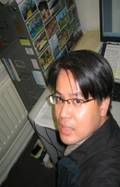
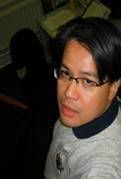



































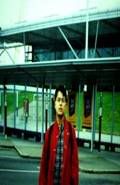







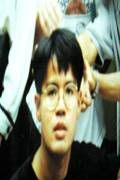








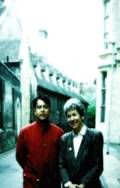

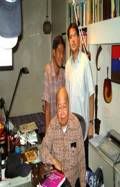

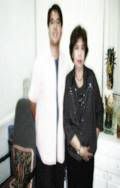
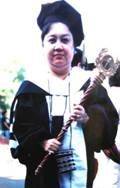


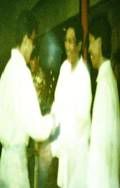

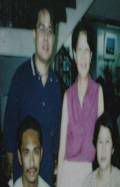
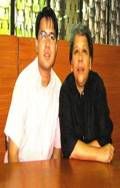
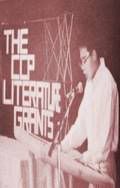
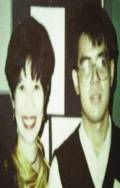

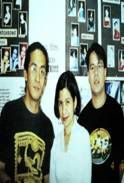

















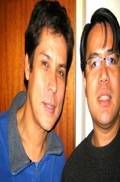


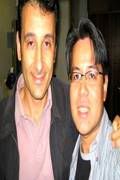
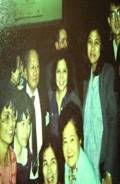
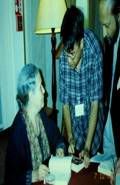
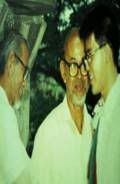
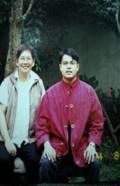
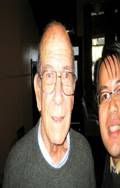
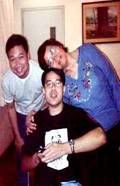
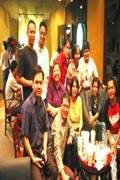

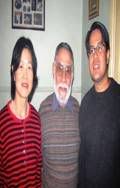
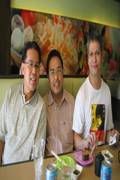
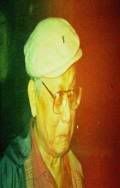
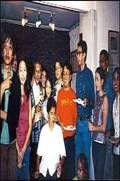
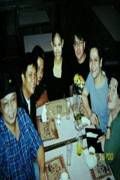
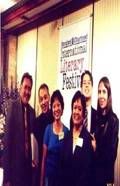
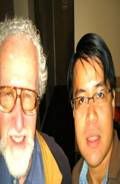
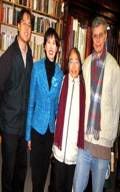

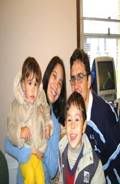
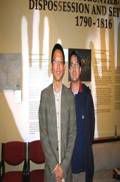
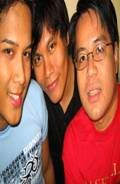

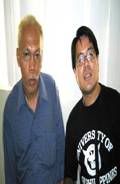
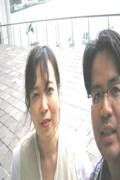
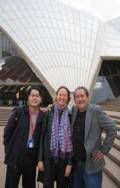
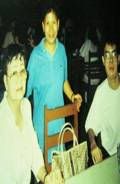
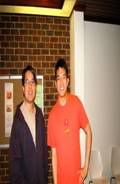
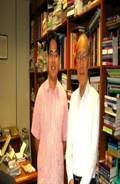
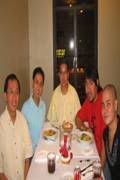
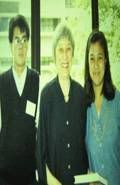
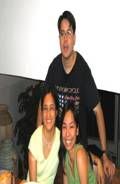
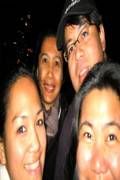
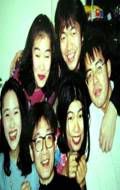

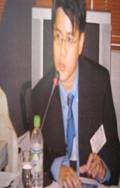
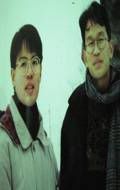
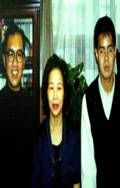
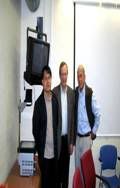


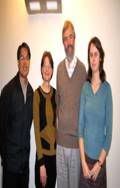
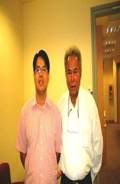

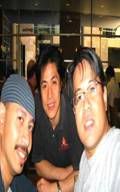
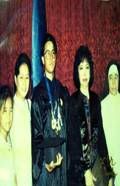
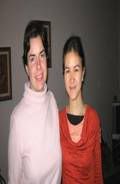
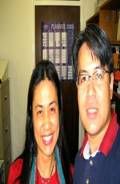
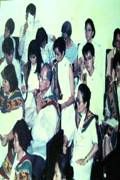
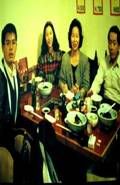
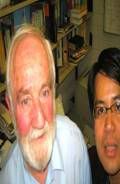
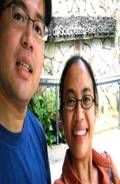
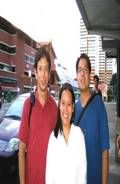
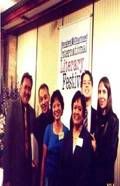
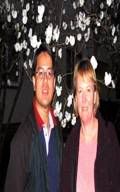



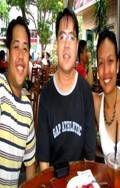
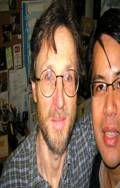
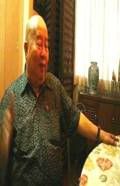



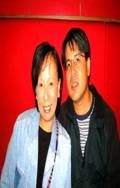


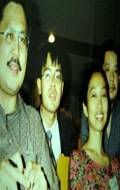
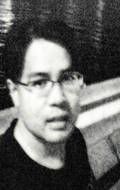
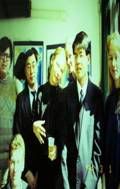
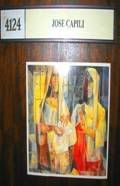
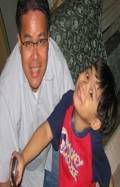
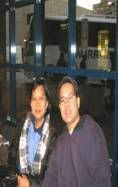
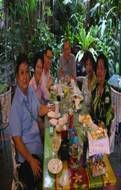
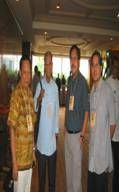
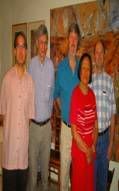
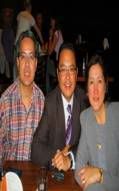
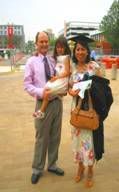
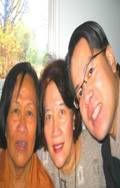
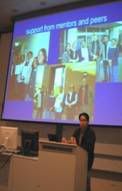
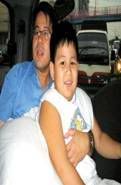
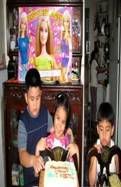
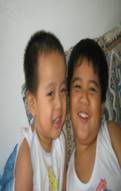




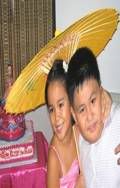
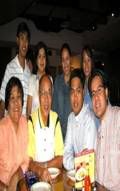
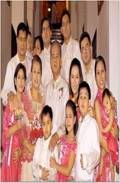







4 Comments:
so that's why gusto mo rn na sobrang i-encourage kami. :D swerte that you had teachers like them in hs, and swerte rin namin that we had a teacher like you. :p talaga na naman, there is no end to a teacher's influence haha
chiara!!!
instrument lang ako. in the end you decide what is best for you. im thrilled to have the best students most of the time.
cheers,
w/
Been reading your blog since but first time to comment. I became a teacher right after UST though I was a Philosophy major. I always make sure I encourage the students to do better if not their best. Your blog entry for your HS teachers is a fitting reminder to always acknowledge where we came from.
How are you doing? This is Jonathan from Saranggani Study Centre, many, many years ago.
jonathan! great to hear from you. of course, i remember my college friends. keep in touch!
W.
Post a Comment
<< Home